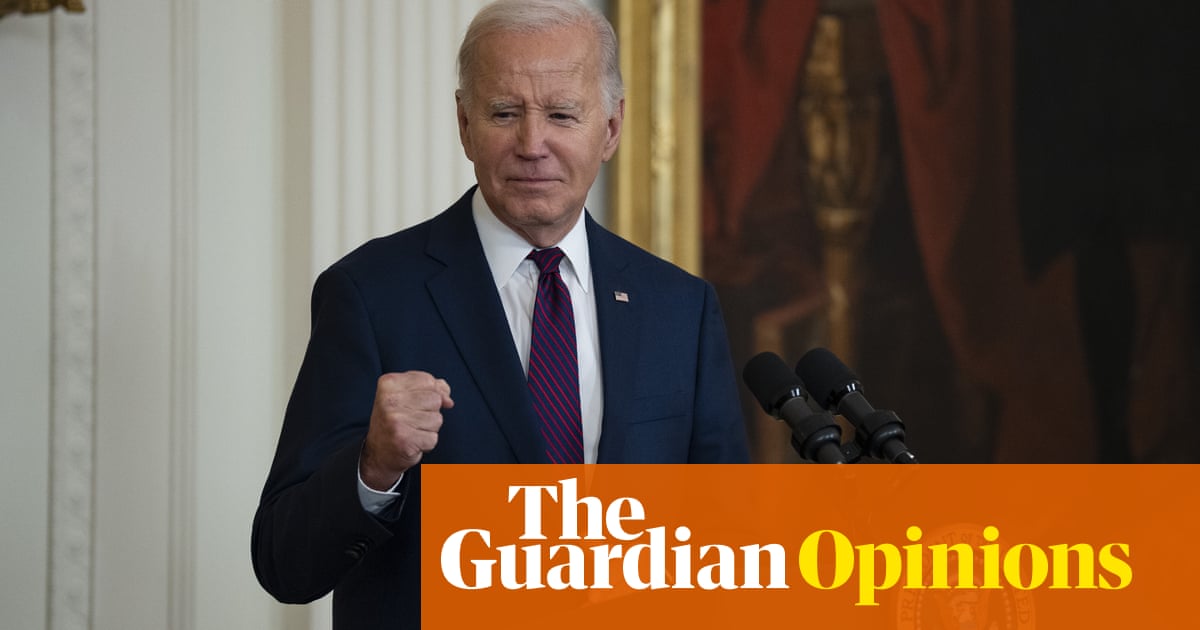
In response to the worsening humanitarian disaster in Afghanistan, Saudi Arabia has taken the timely decision to hold an extraordinary meeting of the Council of Foreign Ministers of the Organization of Islamic Cooperation, which Pakistan has offered to host, on Dec. 17. As the representative body of 57 Muslim countries, the OIC must come to the rescue of hapless Afghans, especially when the rest of the world has left them at the mercy of winter. But Afghanistan is a global problem that cannot be solved with the expression of Muslim solidarity alone.
The scale of the disaster in the war-torn nation is extremely disturbing: The World Food Program estimates that up to 23 million Afghans — more than half the population — may not have enough to eat by the end of this month. With drought, pandemic and conflict, the food security situation will continue to worsen; hunger will increase and the economy will collapse. The rest is easier to fathom.
Perhaps the most tragic aspect of the unfolding Afghan tragedy is that neither the US and its allies as the country’s hitherto intervening powers nor the Taliban as its new rulers are willing to budge from their entrenched positions. The standstill was obvious in the recent Doha talks held between the Taliban and US and EU delegates. The Taliban link international cooperation with sanctions relief and the unfreezing of $9 billion of Afghan assets. No way, argue the US and EU, unless the Taliban address their human rights and security concerns. Caught in the ensuing quagmire are 38 million Afghans.
Understandably, each side faces a dilemma. The Taliban’s power currently rests in the hands of the battle-hardened faction, for whom compromising on issues such as girls’ education, inclusive governance and terrorist sanctuaries remains anathema. On the other hand, legitimizing the regime of Taliban hard-liners who are not ready to meet global expectations on these issues bears a political cost for the US and EU. Consequently, the key challenge today is how to expand the scope of the international relief effort in Afghanistan amid the persisting dilemmas of its contending parties.
The UN relief agencies and nongovernmental organizations that are providing emergency food supplies and health and education services in Afghanistan can only expand their humanitarian operations if they are exempted from international sanctions against the Taliban under UN Security Resolution 1988 of 2011. These sanctions also restrict the ability of international financial institutions to fund global relief operations. Therefore, unless this legal lacuna is done away with, Afghanistan’s humanitarian woes are likely to worsen.
It is in this grim situation that Saudi Arabia has taken the initiative to involve the OIC in the Afghan emergency. The organization has a network of institutions for this purpose, including the Islamic Development Bank. Pakistan also has a valid reason to host the OIC ministerial session, as it fears grave consequences from the unprecedented Afghan crisis.
In the post-Arab spring period, the OIC has taken a proactive stance on conflicts in the Muslim world, from civil wars in Syria and Libya to Muslim repression in Myanmar and Kashmir. This month’s extraordinary meeting in Islamabad will surely come up with tangible pledges of humanitarian aid for the Afghan people. However, the occasion can better serve their cause by also reminding the US and its European allies of their responsibility and suggesting pathways for a viable global response.
Since it was the US that led Afghanistan into its present mess through an unwinnable war, it must now help the UN relief agencies and NGOs extend their humanitarian operations in the country. This can be done by revising UNSC Resolution 1988 to exempt these operations from the sanctions regime. The same relief could be granted to international financiers like the World Bank for the disbursement of Afghan relief funds. This would help mitigate the humanitarian crisis and prevent renewed civil war and future terrorism.
Europe is already facing a daunting migration crisis, which is exposing its claim as a champion of human rights. For now, the Afghan exodus is limited to neighboring countries, with Iran and Pakistan granting only partial access to the incoming Afghan citizens with appropriate visas stamped in their passports. The rest have shut their borders. But, faced with a choice between starvation and migration, thousands of fleeing Afghans risk their lives and are smuggled into these two countries. Many of them will soon be knocking on European doors — a compelling factor for the EU to act now.
The Taliban must also receive a resolute message from the OIC gathering: Respect the teachings of Islam on the rights of women and minorities and the rejection of extremism and terrorism or be ready to be shunned even by the community of Muslims.
• Ishtiaq Ahmad is a former journalist, who has subsequently served as the Vice Chancellor of Sargodha University in Pakistan and the Quaid-e-Azam Fellow at the University of Oxford.












